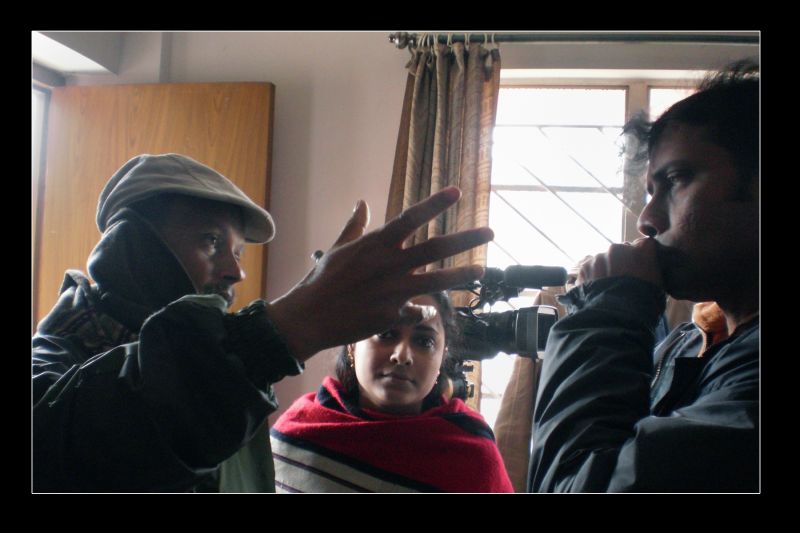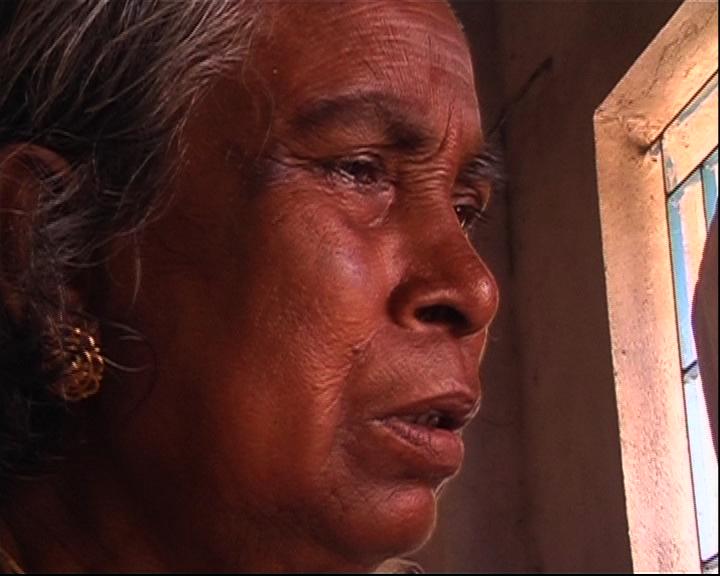Pro Tools
FILMFESTIVALS | 24/7 world wide coverage
Welcome !
Enjoy the best of both worlds: Film & Festival News, exploring the best of the film festivals community.
Launched in 1995, relentlessly connecting films to festivals, documenting and promoting festivals worldwide.
Working on an upgrade soon.
For collaboration, editorial contributions, or publicity, please send us an email here.
|
News Paper article on Filmmaker
When social meets spiritual
By Monami Ghosh,On 1-01-2013
http://portal.thebengalpost.com/index.php/index/newsdetails/When-social-meets-spiritual-336429681356953112
 62 62  13 0 13 0
|
|

Filmmaking is a way of life for engineer-turned-director Robin Das. Having made documentary films for a number of years and having won the Bengali Film Journalists’ Award(BFJA) for his documentary, Lovers’ Paradise in 2004, he debuts as a feature filmmaker with his film, Ek Paaye Royecho Dariye. The film has been invited to the Cairo Film festival. On being asked how he feels about it, he says, “ I am overwhelmed to have received the invitation. For me, filmmaking is an art that I practise with sincerity. For somebody like me, a festival invitation or appreciation from connoisseurs of cinema, is fulfilment enough.” Talking about his film, he reveals, “I have attempted to map the ethical journey of humanity in my film. It is a juxtaposition of the social and the spiritual.”
Das was greatly moved when he watched a footage of the 26/11 carnage in Mumbai. On being asked whether this footage had influenced him to make a film, he says, “Terrorism is a malady that has plagued society for years. This is very disturbing. And the subcontinent is looked upon as a
corrupt place by other nations and the spiritual essence of India as a nation is fast degenerating. Although this has been a disturbing issue for years, it was the 26/11 issue that triggered off the urge in me to make a film that addresses terrorism.” However, the director maintains that his film is not just about terrorism as a social malady but it also has a multi-layered structure and explores the trials and tribulations of individuals. The director has tried to show how the plight of any individual is identical to the plight of a victim of terrorism. The existing political structure is such that everyone is a victim of terrorism in some way or the other. He also tries to show how the independence of an individual is actually a farce even in modern societies and in democratic nations as the government tries to manipulate the independent opinions of its citizens.
The film revolves around a poet, Kobi Sengupta, his wife and daughter. The poet’s wife is a 26/11 victim. The daughter is raped by her father’s former political associates and how the girl gains a foothold in this patriarchal society by overcoming her trauma forms the crux of the story. The film explores the
complexity of relationships as well as deconstructs the ideas of the soul. The spiritual side of the film portrays the detachment of the poet’s soul from his body and its interaction with his wife’s soul after she dies.
On being asked why his film is called Ek Paaye Royecho Dariye, the director explains, “Metaphorically speaking, an individual can balance himself on both his feet only if the body and soul are in harmony. In my film, the protagonist compromises with the wrongdoings of those in power and thus he is deserted by his soul. Therefore, the title Ek Paaye Royecho Daariye, which suggests that he stands only on one foot.” An admirer of Ritwik Ghatak and Satyajit Ray’s style of filmmaking, Das wants to continue making films that uphold his spiritual insights and are also redolent of a strong, social message. “Mrinal Sen’s Ekdin Pratidin is a great source of
inspiration for me. I want to make films that map everyday worries of simple people in society and show how social and political issues can change the nature of their lives completely,”
signs off Das.
|
|


























